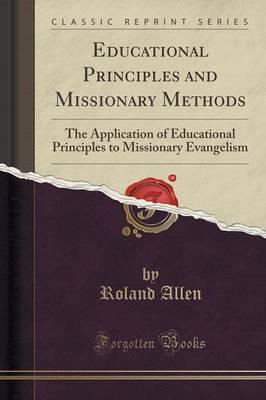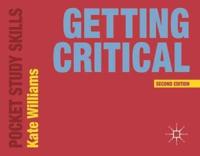Publisher's Synopsis
Excerpt from Educational Principles and Missionary Methods: The Application of Educational Principles to Missionary Evangelism
I suf fer under serious disqualifications for writing any kind of introduction to such a book as this, inasmuch as I am not in any sense an expert on education in general or an expert in missionary methods. Moreover, this book gives' decisive expression to views of education which, while I welcome them, I am disposed to regard as rather seriously one-sided. My Opinion, for what it is worth, is that the modern school of educationalists seriously underrate the importance of the dogmatic element in education. I have no doubt that the older school greatly overrated it. But I think the modern school is in excessive reaction. Nevertheless I heartily welcome this book, and, though I do not ask missionaries to refrain from criticizing it, I do from my heart desire that, before criticizing it and pointing out its weak points, they should give it sympathetic atten tion and consider how vast and how important is the element of truth which the author's View contains. I do not ask that they should be wholly converted, as I am not wholly converted myself but I do desire that they should be sufh ciently converted to recognize that a very deep and difficult change is required of us not only in our educational methods but in our whole conception of the method for propagating the truth which can most truly be described as divine.
About the Publisher
Forgotten Books publishes hundreds of thousands of rare and classic books. Find more at www.forgottenbooks.com
This book is a reproduction of an important historical work. Forgotten Books uses state-of-the-art technology to digitally reconstruct the work, preserving the original format whilst repairing imperfections present in the aged copy. In rare cases, an imperfection in the original, such as a blemish or missing page, may be replicated in our edition. We do, however, repair the vast majority of imperfections successfully; any imperfections that remain are intentionally left to preserve the state of such historical works.









